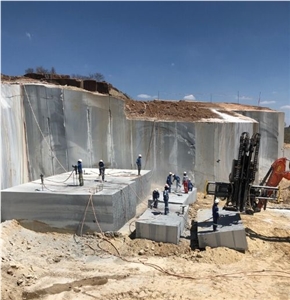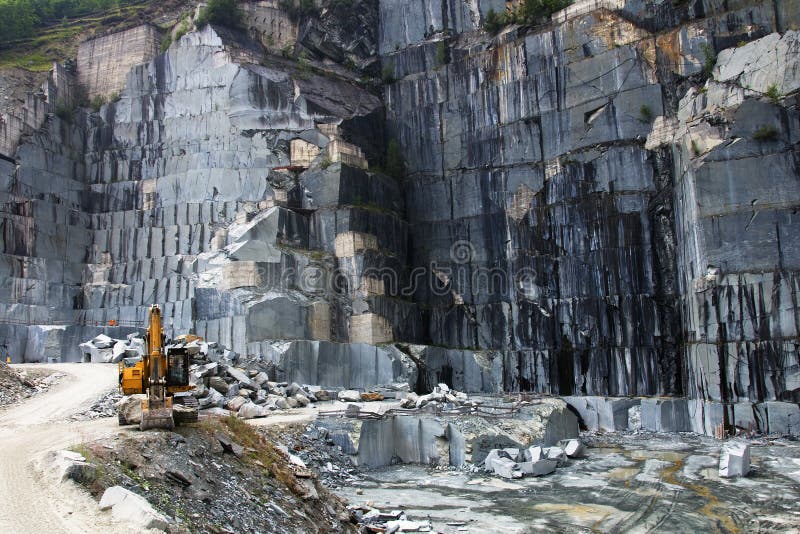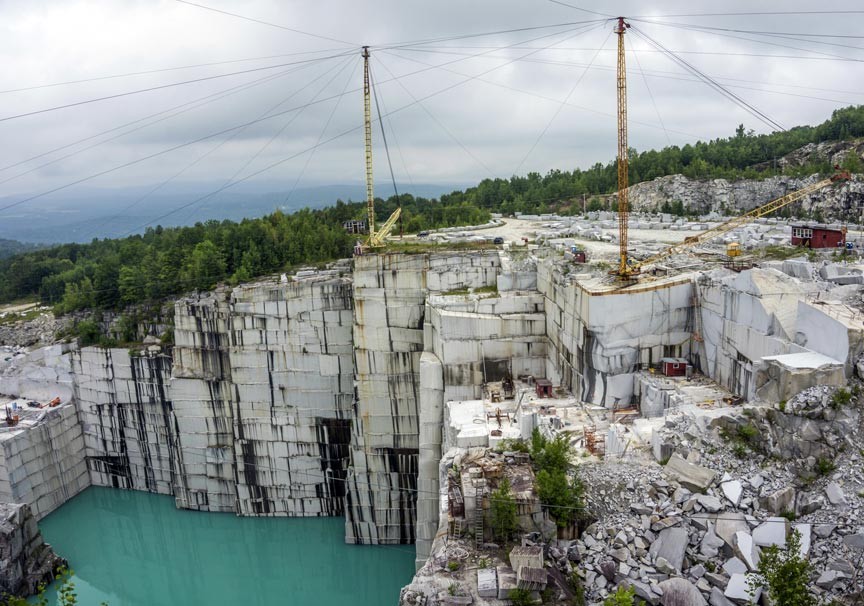Granite Quarries in South Africa Marvels: Discovering the Quarry Landscape
Discovering the Rich Background and Sustainable Practices of Granite Quarrying
As we stand on the precipice of revealing the complex tapestry of granite quarrying, a trip via time discloses not simply the physical act of removing stone but also the social and historic relevance woven into the very fabric of this technique. From the ancient beginnings that laid the structure for contemporary quarrying strategies to the sustainable techniques that are forming the future of this industry, each chisel mark on granite surface areas narrates waiting to be uncovered (granite quarries in south africa). The legacy of granite quarrying stretches much past mere extraction; it is a testament to human ingenuity, strength, and the enduring appeal of this marvelous rock
Old Origins of Granite Quarrying
Going back to old human beings, the practice of quarrying granite has actually been an essential component of human history and architectural advancement. The earliest evidence of granite quarrying dates back to old Egypt, where massive pyramids and detailed sculptures were crafted from this resilient rock. The Egyptians used primitive devices to extract granite blocks from quarries, showcasing the importance of this material in their monumental buildings.
Moving on in background, the Greeks also made substantial contributions to the quarrying of granite. The Greeks used granite in different building wonders, such as temples and statuaries, showing their skill in shaping and carving this durable stone. The Romans further fine-tuned the strategies of quarrying granite, utilizing innovative tools like chisels and hammers to essence and form granite for their iconic structures.
Via the centuries, the technique of quarrying granite has progressed, with modern-day technologies boosting effectiveness while keeping the timeless charm of this natural rock - granite quarries in south africa. From ancient civilizations to contemporary contractors, the tradition of granite quarrying remains to shape our world
Evolution of Quarrying Strategies
The development of quarrying techniques has actually been marked by a continual development towards higher effectiveness and accuracy in removing granite. From the primary methods employed by our forefathers to the innovative modern technologies utilized in modern-day quarrying operations, the sector has undertaken substantial innovations. Early quarrying strategies entailed hand-operated labor with basic tools such as chisels, hammers, and wedges to extract granite blocks from the planet. As worlds progressed, methods like fire-setting and primitive explosives were introduced to assist in the extraction process.
In even more current times, the arrival of machinery changed the quarrying sector, making it possible for much faster extraction rates and raised productivity. Technologies such as ruby cable saws, high-pressure water jets, and pneumatically-driven drills have actually become typical in contemporary quarries, enabling precise cutting and decreased waste. Developments in computer-controlled devices and 3D modeling have enhanced quarrying procedures, leading to very little environmental influence and boosted sustainability methods. As the need for granite proceeds to rise, the advancement of quarrying strategies remains important to conference sector requires efficiently and sustainably.
Social Relevance of Granite
Granite holds a profound social value throughout different worlds because of its enduring existence in building masterpieces and revered monoliths. From the magnificent pyramids of Egypt to the intricate carvings of the Angkor Wat holy place in Cambodia, granite has been a material of selection for sharing majesty and long life in cultural heritage. In ancient Rome, granite columns embellished temples and public buildings, symbolizing strength and durability. The cultural importance of granite expands past its physical features; it personifies durability, stability, and eternity, making it a sign of withstanding legacies and practices.

Sustainable Practices in Quarrying
Among the abundant background of granite quarrying and its social importance lies an expanding focus on lasting techniques within the sector. As environmental awareness and problems regarding resource exhaustion have actually heightened globally, the quarrying field has increasingly welcomed lasting techniques to minimize its effect on the atmosphere and bordering neighborhoods.

In addition, reclamation and recovery of quarry sites post-extraction are integral to lasting practices. By bring back quarried areas to a natural or advantageous state, such as creating wildlife environments or recreational areas, quarriers can balance out the environmental footprint of their procedures and add favorably to the local environment.
Tradition of Granite Quarrying
With a historical background soaked in craftsmanship and industrial progress, what enduring influence has granite quarrying left on the landscape of modern-day culture? The legacy of granite quarrying transcends mere extraction techniques; it has shaped building marvels, urban landscapes, and cultural heritage worldwide. The durable nature of granite has actually made it a favored choice for monoliths, buildings, and infrastructure, standing as a testimony to the ability and creativity of quarry workers throughout generations.
Additionally, the economic impact of granite quarrying can not be overlooked. The sector continues to provide work possibilities and drive regional economic climates in regions where granite removal prevails. It has actually additionally stimulated technical innovations in quarrying techniques and devices, leading to a lot more efficient and lasting practices.
In regards to sustainability, the heritage of granite quarrying includes efforts to minimize environmental impacts via improvement tasks and responsible resource administration. By stabilizing financial interests with ecological a knockout post stewardship, the sector strives to guarantee that future generations can proceed to profit from this enduring natural source.
Verdict
